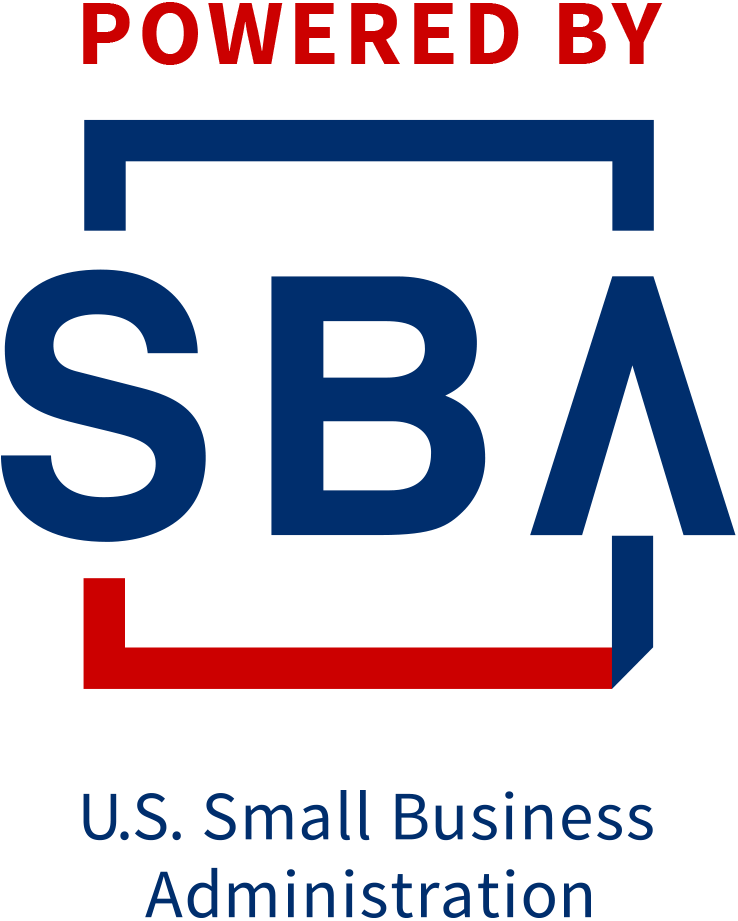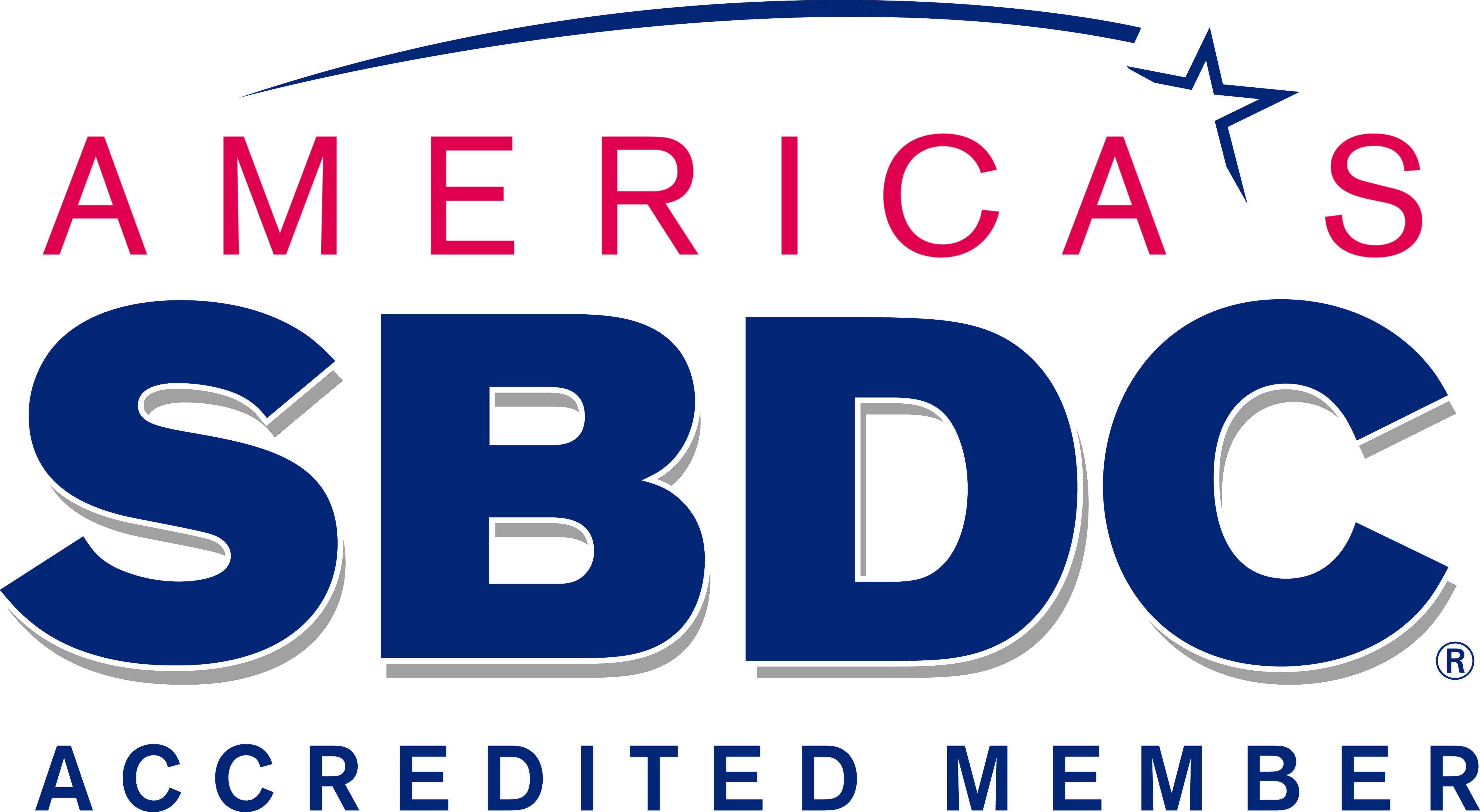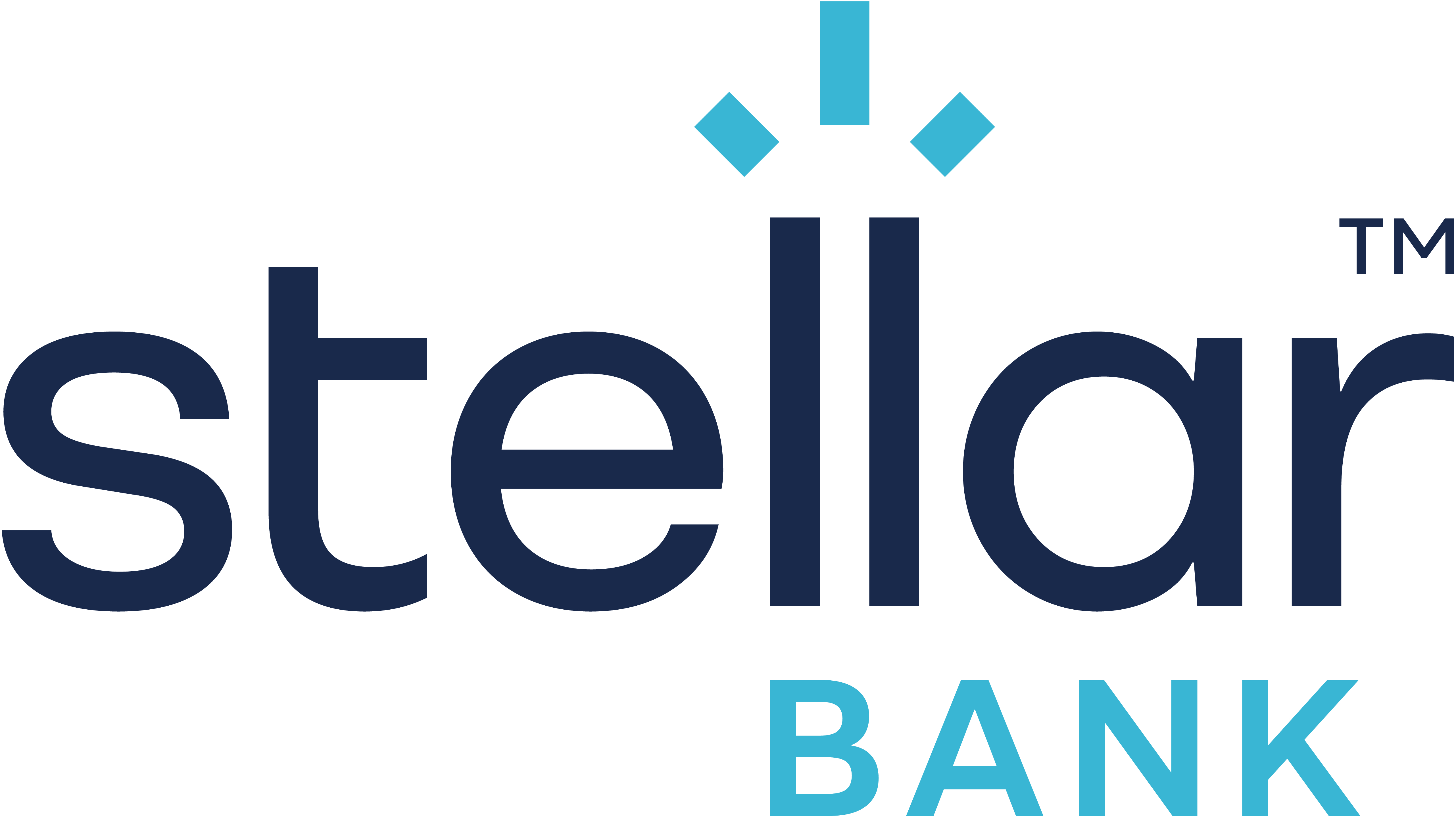What to Look for in a Small Business Bank Account
By: Tatyana Parham
Selecting the best small business bank account for your company is an essential part of building a foundation for successful business growth and management. The best business account for your small business will have a combination of features, benefits, costs, software and technology, and additional banking services that align with your daily operational needs and will have the ability to support your finance management goals.
There are several small business bank account options available to business owners, but when comparing accounts, it's important to consider the costs and benefits particular to each bank. You should choose the best business bank account that offers a full range of services and perks, and will ultimately help you run your business more efficiently and support long-term financial stability for your company.
Here are some benefits and features, as well as negative factors, to look for while choosing the best small business bank account for your company.
Introductory Bonus Offers
Often, major banks will offer new customers an introductory bonus, which could be a huge incentive for any small business owner looking to save a few extra dollars. Similar to introductory bonus offers for personal checking accounts, cash bonuses for small business bank accounts typically require account holders to make a specific number of deposits or card transactions or initially deposit a specific amount of money in order to qualify. Some banks will also require the account holder to maintain a certain balance in their account in order to qualify for these extra bonuses.
Automated Clearing House Access
The best business bank accounts provide user-friendly automated clearing house access, or ACH, which allows the user to electronically transfer funds without the use of cash, checks, or wire transfers. For a flat fee or small percentage of each transaction, small business owners can use ACH for loan payments, B2B transactions, recurring customer payments, bill payments, payroll, and more. ACH access is only one of the many additional banking features that can provide your team with more organization and efficiency when handling customer transactions and managing your business's money overall.
Payroll Services
Another way to use a free business bank account to improve operational efficiency is by utilizing banks that provide payroll services for small businesses. An easy way to streamline your bookkeeping, payroll services equip small business owners with an alternative option to running payroll through a potentially more expensive third-party payroll service provider. Remember to look out for any hidden policies tied to this feature, such as large insufficient funds fees or any additional fees dependent on the size of your team.
Online Banking, Branch Banking, and ATMs
As a small business owner, juggling your daily responsibilities while maintaining your finances can be a hassle, especially if you don't have a CFO to help manage the load. You can save tons of time and energy by ensuring that your small business bank account provides fast and convenient banking options for all of your business's needs. Online banking, along with an easy-to-use banking app, is an absolute must or any small business owner. It enables you to use your phone or computer to quickly transfer money, deposit checks, and track and manage all of your transactions at any time of the day. If you own an e-commerce business that operates entirely online, the ability to manage finances digitally may be a deciding factor for your team when choosing the best business bank account.
However, if your business deals with mostly cash transactions, or you require frequent cash or check deposits, a bank with convenient in-person physical branches may be necessary. In-person banking may also be useful if you need some one-on-one guidance from a banker to help you manage your account. If you need fast access to cash withdrawals on a regular basis without the burden of ATM fees and surcharges, the availability of a local ATM network may also be a crucial factor.
Extra Fees and Allowances
Always be mindful of hidden additional fees that may be attached to a small business account. Some banks require service fees for business banking with a wide range of additional features, typically ranging from $12 to $30 per month. These fees may possibly be waived by maintaining a daily balance or utilizing other services from the same bank. Additionally, you should look out for minimum account balance fees. This requires that you must maintain a minimum balance requirement, or a minimum daily balance, in order to avoid incurring additional fees at the end of the month.
In addition to extra fees attached to business bank accounts, several banks have created policies for transaction, deposit, and wiring allowances. Transaction allowances limit the amount of cash or check deposits, withdrawals, transfers and electronic payments that are able to be made. Included in that group, deposit allowances track and limit the amount of cash deposits that are made each month before incurring a fee. Similarly, there are allowances for wire transfers, or sending money in-between two banks. Keep in mind to read through all terms and regulations of your business bank account, ask questions when necessary, and seek minimal extra fees and unlimited transaction allowances to give yourself peace of mind while managing your finances.
Interest Rates
The ability to generate interest on your profits is an important factor in choosing the best small business bank account, and a great tool to watch your money grow. Interest-bearing business bank accounts are competitive when they provide you with the best interest rate possible, with little to no additional fees. Small business bank accounts with higher interest rates will support higher savings overall, providing extra capital to manage and expand your small business.
The Texas Gulf Coast SBDC Network provides no-cost training and resources for managing your small business. For information on additional resources to help you fund your small business after the pandemic, visit our COVID-19 Grants page.







